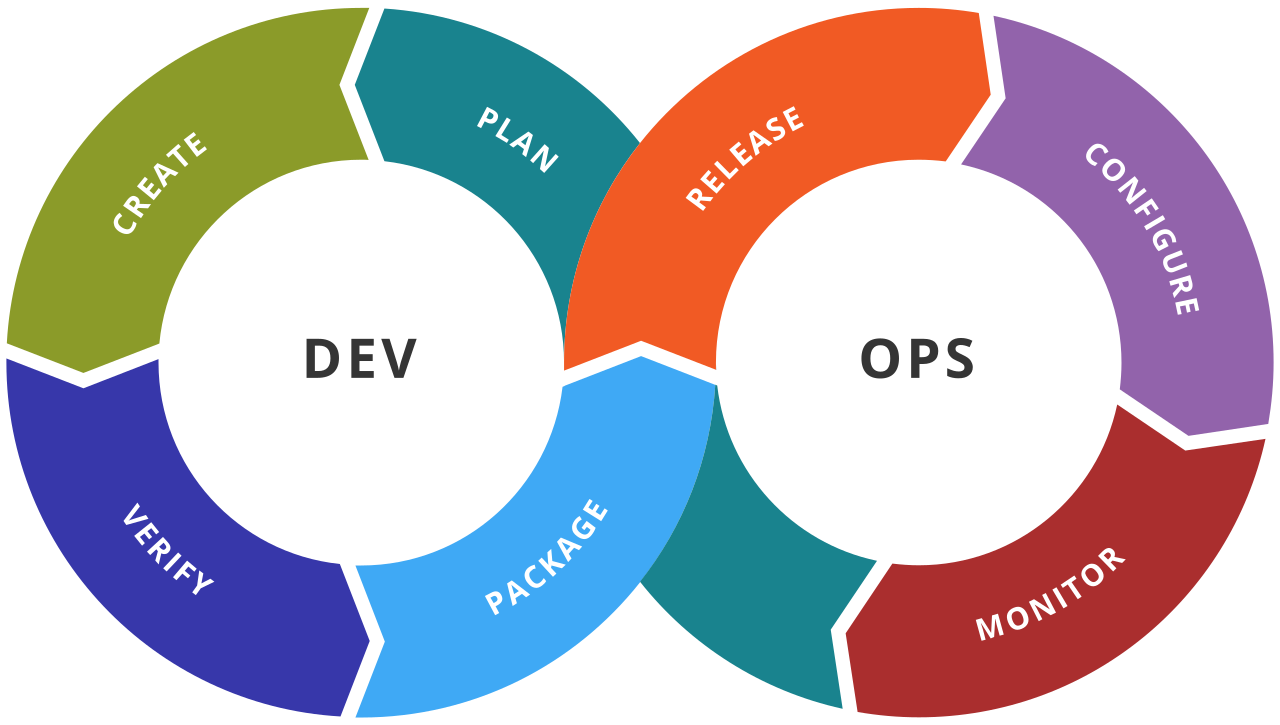Software development methodologies are essential to the success of any software development project. There are several methodologies that software development teams use to manage their projects, and each methodology has its unique advantages and disadvantages. In this blog post, we will discuss the differences between four popular software development methodologies: Waterfall, Agile, Scrum, and DevOps.
Waterfall Methodology
The Waterfall methodology is a traditional, sequential software development methodology that involves a linear approach to the development process. In the Waterfall methodology, each phase of the development process is completed before moving on to the next phase. This methodology is ideal for projects that have well-defined requirements and a clear scope. However, it can be challenging to manage changes once the project has progressed beyond a specific phase.
Agile Methodology
The Agile methodology is an iterative and incremental approach to software development. Agile methodologies prioritize customer collaboration, responding to change, and working software. In Agile, the development process is divided into smaller iterations or sprints. Each sprint produces a working software increment that can be tested and evaluated. Agile is ideal for projects that require a high level of flexibility, or where requirements may change over time.
Scrum Methodology
Scrum is a specific Agile methodology that is designed to be a lightweight and flexible framework for managing complex projects. In Scrum, the development process is divided into time-boxed iterations called sprints. Each sprint focuses on developing, testing, and delivering a potentially shippable product increment. Scrum emphasizes the importance of self-organizing and cross-functional teams, as well as regular communication and collaboration with stakeholders.
DevOps Methodology
DevOps is a software development methodology that emphasizes collaboration and communication between development and operations teams. DevOps seeks to streamline the software delivery process and to ensure that software can be released quickly, reliably, and frequently. DevOps involves the use of automation and monitoring tools to improve efficiency and quality. DevOps is ideal for projects that require continuous delivery and integration.
Choosing the Right Methodology
Choosing the right methodology for a software development project can be challenging. Each methodology has its unique strengths and weaknesses, and the choice will depend on the project's requirements, scope, and resources. Waterfall is ideal for projects with well-defined requirements and a clear scope. Agile is ideal for projects that require flexibility and the ability to adapt to changing requirements. Scrum is ideal for projects that require regular communication and collaboration with stakeholders. DevOps is ideal for projects that require continuous delivery and integration.
In conclusion, choosing the right software development methodology is essential to the success of a software development project. Waterfall, Agile, Scrum, and DevOps are popular methodologies that can help software development teams manage their projects effectively. The choice of methodology will depend on the project's requirements, scope, and resources. By understanding the differences between these methodologies, software development teams can choose the right methodology for their projects and increase their chances of success.







